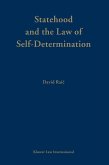
Gebundenes Buch
1. September 2002
Brill / Springer Netherland

12,99 €
Versandfertig in über 4 Wochen
Broschiertes Buch
1. November 2024
Amazon Digital Services LLC - Kdp
12,99 €
Versandfertig in über 4 Wochen
Broschiertes Buch
Unlocking the Secrets of the Universe, Human Potential, Innovation, Universal Prosperity, Health, Happiness, Peace, as the New Golden Age as Begun
26. Dezember 2024
Amazon Digital Services LLC - Kdp
Ähnliche Artikel

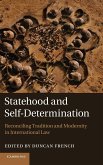
Gebundenes Buch
Reconciling Tradition and Modernity in International Law
21. Juli 2014
Cambridge University Press

Gebundenes Buch
International Law and State Fragmentation in Africa
1. Januar 2000
Brill / Springer Netherland
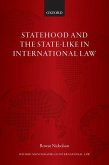
Gebundenes Buch
19. November 2019
Oxford University Press
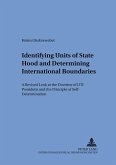
Broschiertes Buch
A Revised Look at the Doctrine of "Uti Possidetis" and the Principle of Self-Determination
24. Juli 2006
Peter Lang
55092
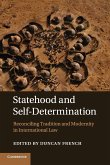
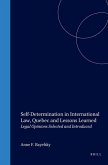
Gebundenes Buch
Legal Opinions Selected and Introduced
1. März 2000
Brill / Springer Netherland
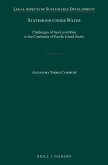
Gebundenes Buch
Challenges of Sea-Level Rise to the Continuity of Pacific Island States
XXVIII, 312 Pp. edition
21. Juli 2016
Brill

Gebundenes Buch
1. April 2000
Brill
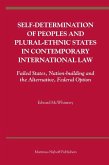
Gebundenes Buch
Failed States, Nation-Building and the Alternative, Federal Option
30. September 2007
Brill
Ähnlichkeitssuche: Fact®Finder von OMIKRON
